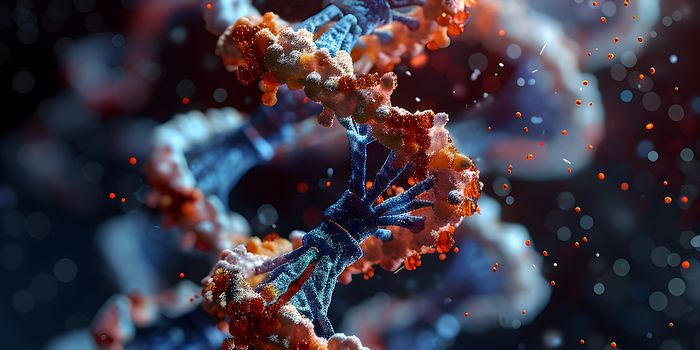Study Suggests Breast Cancer Spreads while Sleeping
Breast cancer remains the second leading cause of cancer-related death in women in the United States, and experts expect over 40,000 patients will succumb to the disease this year. Metastatic breast cancer is responsible for the majority of breast cancer deaths, and the five-year survival rate of women with metastatic breast cancer is less than 30%.
Metastasis is a biological process characterized by the spread of tumor cells to a distant site in the body. For metastasis to occur, tumor cells must move from the primary tumor into the bloodstream to another organ. Once reaching the distant organ, the cells must invade the tissues and ultimately grow into a new cancerous lesion. Circulating tumor cells (CTCs ), a subset of cells found in a cancer patient's blood, facilitate metastatic spread. Thus, any information garnered on the development or movement of CTCs can provide essential clues on how to prevent or treat metastatic disease.
Until now, doctors and scientists understood very little about the timing of CTC development and migration. Previously, some experts believed that growing tumors constantly shed CTCs, while others hypothesized that mechanical stressors led to the release of CTCs. A new study published in Nature demonstrated the unique timing of acceleration of CTC development. The results show that most CTC generation in breast cancer patients occurs at a very unexpected time: during sleep. Almost 80% of CTCs detected came from rest phase samples.
The 30 breast cancer patients who volunteered for the study provided blood samples during the rest phase (4:00 am) and the active phase (10:00 am). The researchers utilized single-cell RNA sequencing to analyze the CTCs finding a notable upregulation of genes associated with mitosis, the biological process of cell division, during the rest phase. This indicates that CTCs generated while sleeping divided more rapidly than those generated while awake. The study also shows a predisposition of the CTCs generated while sleeping to metastasize. On the other hand, CTCs developed while the body is active have significantly less metastatic potential.
The study concludes that highly metastatic CTCs do not occur continuously; instead, the generation of these invasive cells accelerates during the rest phase, when the individual is sleeping. The authors suggest that their findings can inform new studies and clinical trials to study the most effective time to treat metastatic cancers. Further, the time of biopsy could impact breast cancer diagnosis.









